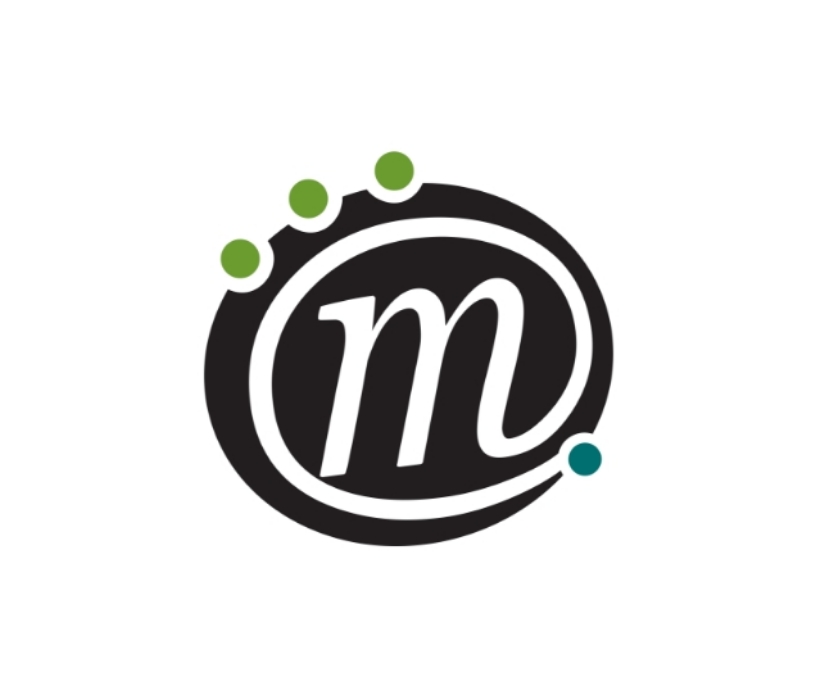Black Hat SEO Techniques
February 19, 2015

CONSUME CREATIVELY
This content is available in:
This content is available in:
TEXT
In our previous post we explored the differences between black hat, white hat and gray hat SEO techniques. Just to jog your memory, black hat SEO is frowned upon in the web community; it involves techniques that defy search engine rules. Choosing to employ black hat SEO techniques is likely to land you in trouble and your website might even get banned from top search engines like Google.
Because we don’t want you to get banned and lose traffic flow to your website, we thought we’d elaborate on a few of the common black hat techniques so you can avoid them like the plague.
6 Black Hat SEO Techniques to Avoid
1. Keyword Stuffing

Keyword stuffing is like putting things where they just don’t fit.
If you’re new to SEO there’s a chance you’ve been keyword stuffing by accident. Adding keywords in places like your page titles and headers, URLs, and meta descriptions is a white hat technique, but only when done correctly.
The safe, white hat way is to optimize each page of your website for just ONE keyword. The technique turns to black hat when you start going crazy with the keywords, trying to optimize a single page for multiple topics and concepts that may not even be relevant to the content on that page, hence the term keyword stuffing.
When Google spiders crawl your site and find that you’ve overloaded your pages with keywords, a red flag goes out on your site. While your intention with keyword stuffing was probably to help your site rank higher on a search engine results page, this technique will actually do your site a disservice and present the exact opposite outcome: banishment from search engines!
2. Hiding Text and Links

Hiding text and links to improve your search rankings is a bad idea. You may think you found a really good hiding spot for your keywords, but really the Googlebots are going to find you before you can even count to 10!
Without getting too technical, there’s certain code and tags that web developers use to build your site. Some of those tags include text meant to act as reminders to the web developers, text that is “invisible” to the visitors viewing the site from the front end. When you start taking advantage of these “hidden text” areas in the back end of your website by adding multiple keywords there (with the intention of improving your search engine rankings), you’ve crossed an ethical SEO line.
Hiding extra keywords by using colored text or links that are the same color as the background of your site is another no-no classified as a black hat SEO technique. Obviously the visitors to your site can’t physically see the text, but the Google spiders crawling your content will notice it and put your site on their naughty list.
3. Doorway Pages
Doorway pages are extra pages added to a website that visitors have to go through in order to get to the real content. These pages are stuffed with keywords and content that help a site rank higher on a search results page, but serve no real purpose to the searcher. In fact, the visitor never even sees the doorway page; they’re automatically redirected to the actual content page without even realizing anything funky happened.
The catch? Search engine spiders will be on your case. They can “see” these pages and will realize what you’ve done just for the sake of earning higher rankings. Your reward? Most likely being banned from the search engine, which means you’ll have an even harder time attracting visitors to your site. Sorry dude.
4. Cloaked Pages
Cloaking a page is when you show Google spiders one version of a page on your site but have another version visible to your actual visitors. The purpose of this technique is again to trick search engines into ranking your site higher on a results page. The fake page shown to the search engine bots contain keywords that cause the site to rank well; meanwhile the version viewed by the real human visitors probably won’t include the most relevant information to their search.
Sorry to break it to you, but search engine spiders are getting smart enough to see through your Harry Potter cloak of invisibility. Engaging in this black hat SEO technique puts your site at risk of being marked as spam or being banned altogether.
5. Comment Spamming on Other Websites
Many blogs and websites these days have an editing feature enabled allowing for visitors to add their own personal comments. Think of all the YouTube comments! While the original purpose behind this was to get audience feedback and reactions to the content on the page, some black hatters use it for their own personal gain. They’ll visit these sites and insert links to their website in the comment section, regardless of how relevant their site is to the site they’re spamming.
While this linking system can help your site rank higher in search results, it’s really just a matter of time before the Googlebots get’cha!
6. Link Schemes
Your rankings on a search engine results page can improve when other important sites link to your website. That being said, it’s a black hat SEO technique to engage in link schemes for the purpose of earning higher rankings.
There are many types of link schemes, or link building, that can get you in trouble. For example,
- Selling links for a fee or paying someone else to include a link to your site on their site
- Participating in link exchanges where two people swap links to promote on their own website
- Spamming other sites with links to your site
Sometimes link building becomes sort of a gray area when it comes to it’s ethical standing as an SEO technique. Instead of tricking search engines into ranking your site higher by hacking other sites and inserting your link, try actually forming relationships with other businesses that will want to link to your site as a valuable resource. This way your site will receive better rankings in a safe and ethical manner.

When we link to websites for other businesses in our blog posts we are partaking in an ethical link building campaign. As a web design company, we wanted to encourage others to check out the website redesign for this company.
SEO is For Your Searchers
The bottom line: don’t tailor your content for the search engine, tailor it for your searchers. The SEO techniques you employ should be implemented for the sake of helping people find valuable content, not just to be ranked number one on Google.
If you’ve been using any of these SEO techniques without realizing their potential to get your website in trouble, consider this your official warning to change your ways and start playing it clean. Although white hat techniques are a little slower to move your site up on the search engine results page in comparison to black hat SEO, white hat is a much safer method for improve your rankings.
Who Manifested This Madness?

This fabulous human, that's who.
Monica Maye Pitts
Monica is the creative force and founder of MayeCreate. She has a Bachelor of Science in Agriculture with an emphasis in Economics, Education and Plant Science from the University of Missouri. Monica possesses a rare combination of design savvy and technological know-how. Her clients know this quite well. Her passion for making friends and helping businesses grow gives her the skills she needs to make sure that each client, or friend, gets the attention and service he or she deserves.





